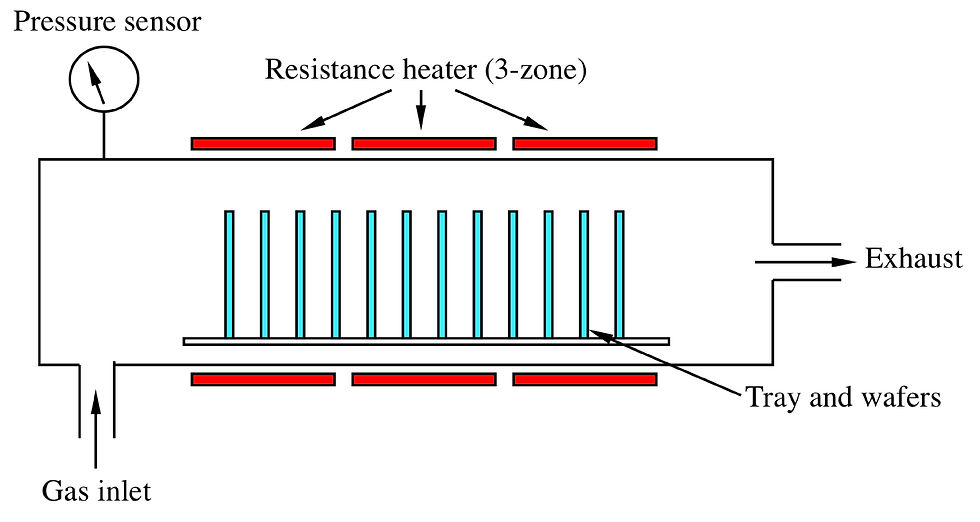Legal Staffing Services and the Types of Deposition Services Provided
- CVD Coating
- Jan 18, 2019
- 2 min read

There a number of legal terms every professional looking to become a part of legal staffing services should know, but might be confused about. Deposition services is a process referring to the documentation of a witness's testimony taken outside the courtroom, and before the trial starts. Every lawyer does an extreme amount of research in preparation for a trial and depositions are part of that research. They provide both sides of the case with information so nobody becomes staggered by information the other side might not have known about.
Court reporters play an important role in deposition services because no matter what type of deposition it is, it needs to be properly transcribed. If the witness does happen to change his or her testimony, the lawyers have proof of what the witness originally said. With today's new advancements in technology, there are a number of different types of deposition services, including video, network, written, vapor, thin film, and records. This article will briefly explain what each one is so professionals looking to join the legal staffing services world have a better understanding.
Video - Video Testimonies are a way to change up the court proceedings that might be considered boring for the easily distracted juror. These are also great for witnesses who are out of town or injured in a hospital bed and unable to attend the trial.
Network - Network Statements are great for cases involving multiple states. These are used if a witness was out of town when the incident happened and therefore has a lawyer in a different state. For the technically advanced law firms, these types of statements are also used for streamlining communication, if the right types of frequencies are available.
Written - The written deposition is the statement in a typed form. Every type of statement, video or otherwise, usually includes a written form.
Vapor - There are two types of vapor depositions: chemical and physical. Both involve moving a direct material onto a substrate by using thin films. Chemical depositions usually leave byproducts. Both are used in displaying evidence.
Thin Film - This is another way to portray evidence in a deposition and is typically used with framed photos, anti-reflective glass, or prescription glass.
Records - This usually refers to any documents presented during the depositions. These documents could include anything ranging from employment records to telephone bills, as long as they are crucial to the trial and the witness's testimony.
It would not be surprising if the number of deposition services expands in the next few years with the ever-changing technology, but these are the popular ones in legal staffing services for today. Get best details about cvd by clicking on cvd supplier.







Comments